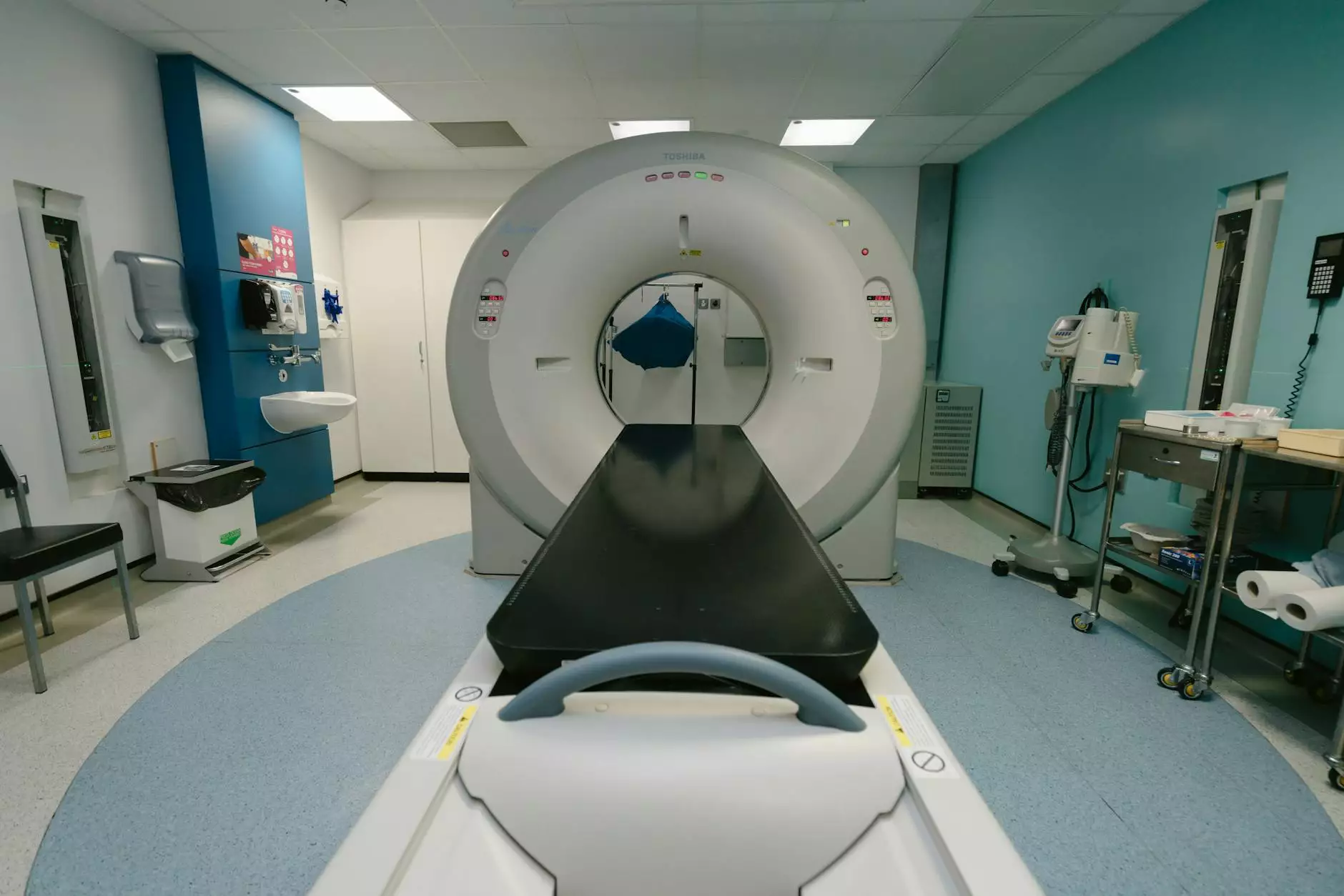Understanding Medical MRI Services: A Comprehensive Guide

In the ever-evolving field of healthcare, medical MRI services have emerged as indispensable tools in the realm of diagnostics. Providing a non-invasive way to visualize the internal structures of the body, MRI (Magnetic Resonance Imaging) is pivotal for accurately diagnosing a wide array of medical conditions. In this article, we delve into the intricacies of medical MRI services, exploring their benefits, applications, and what patients can expect when they undergo an MRI scan at Echo Magnet Services.
What Is MRI and How Does It Work?
Magnetic Resonance Imaging, or MRI, is a sophisticated imaging technique that utilizes strong magnetic fields and radio waves to generate detailed images of the organs and tissues within the body. Unlike X-rays or CT scans, MRI does not rely on ionizing radiation, making it a safer option for many patients.
Key Components of MRI Technology
- Magnets: The MRI machine consists of powerful magnets that create a strong magnetic field.
- Radiofrequency Coils: These coils send and receive radio waves to produce images.
- Computer Systems: These systems process the signals received from the coils to create visual images.
The Benefits of Medical MRI Services
Medical MRI services offer myriad benefits that contribute significantly to patient care and diagnostic accuracy. Some notable advantages include:
1. Non-Invasive and Safe
As a non-invasive imaging technique, MRI allows for detailed analysis without the need for surgical procedures. This characteristic ensures patient safety and comfort while providing essential diagnostic information.
2. Exceptional Image Quality
MRIs provide high-resolution images of soft tissues, making them ideal for diagnosing conditions related to the brain, spinal cord, muscles, and joints. The clarity and detail of MRI images facilitate accurate assessments.
3. Versatile Diagnostic Applications
Medical MRI services are applicable in a wide range of medical fields, including:
- Neurology: Identifying brain tumors, strokes, and other neurological disorders.
- Orthopedics: Visualizing injuries to ligaments, cartilage, and bones.
- Oncology: Detecting and monitoring tumors throughout the body.
- Cardiology: Assessing heart structure and function.
Preparing for an MRI Scan
Preparation for an MRI scan is crucial to ensure accurate results and a smooth experience. Here’s what patients can expect:
1. Medical History Review
Prior to the scan, medical professionals will review your medical history. Inform your doctor about any allergies, pacemakers, or implants that may affect the procedure.
2. Clothing and Accessories
Patients are typically asked to wear loose-fitting clothing and may need to remove metal objects that could interfere with the MRI magnets, such as jewelry, watches, or hairpins.
3. Contrast Agents
In some cases, a contrast agent may be administered to enhance imaging quality. Patients should discuss any concerns or allergies related to contrast agents with their healthcare provider.
The MRI Procedure: What to Expect
The actual MRI procedure is straightforward and typically lasts between 15 to 90 minutes, depending on the complexity of the examination. Here’s an overview of the process:
1. Positioning
Once in the MRI room, patients will lie on a movable table that slides into the MRI machine. Supporting cushions may be used for comfort and to maintain position.
2. Sound and Sensation
During the scan, patients may hear a series of loud thumping noises, which is normal. Earplugs or headphones may be provided to help minimize discomfort from the sounds.
3. Staying Still
It's essential for patients to remain as still as possible during the scan to avoid motion blur in the images. The technologist will communicate with the patient throughout the process, providing instructions and reassurance.
Post-Scan Procedure: Understanding Results
After the MRI scan is complete, a radiologist will review the images and interpret the results. They will prepare a report for the referring physician, who will discuss the findings with the patient. Here’s what to consider:
1. Follow-Up Appointments
Patients may require follow-up appointments to discuss the MRI results or to undergo additional imaging studies, depending on the findings.
2. Treatment Planning
The information obtained from MRI scans is vital for developing comprehensive treatment plans, guiding interventions, and monitoring progress over time.
Engaging with Experienced Providers for MRI Services
Choosing the right facility for medical MRI services is paramount. Echo Magnet Services stands out for several reasons:
1. Cutting-Edge Technology
Our facilities are equipped with state-of-the-art MRI technology, ensuring high-quality imaging for precise diagnoses.
2. Highly Qualified Staff
At Echo Magnet Services, our team consists of experienced radiologists and technologists dedicated to patient care and comfort throughout the imaging process.
3. Patient-Centered Approach
We prioritize patient satisfaction and strive to create a welcoming environment, providing attentive care and clear communication before, during, and after MRI scans.
Conclusion: The Role of MRI in Modern Medicine
In summary, medical MRI services represent a cornerstone of modern diagnostic medicine. The ability to obtain detailed images of the body’s internal structures non-invasively is invaluable for accurate diagnosis and effective treatment planning. By utilizing advanced imaging technology and adhering to the highest standards of patient care, facilities like Echo Magnet Services provide essential services that empower patients in their healthcare journeys.
For more information on our medical MRI services and to schedule an appointment, visit Echo Magnet Services today. Your health is important, and we are here to support you every step of the way!









